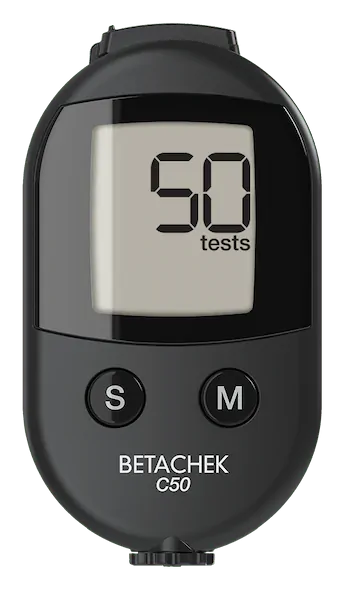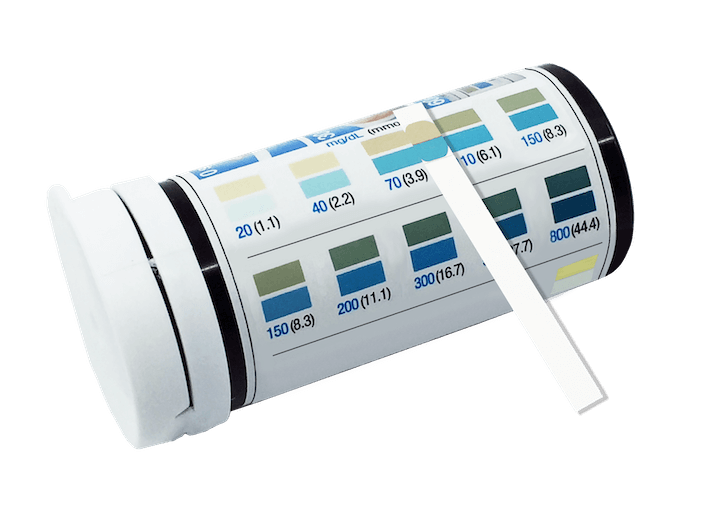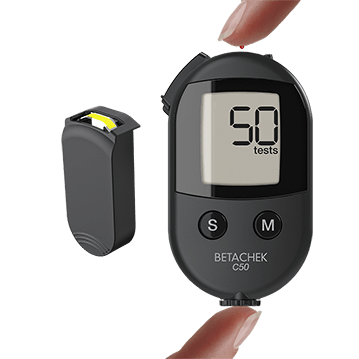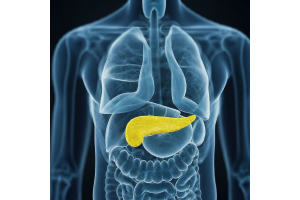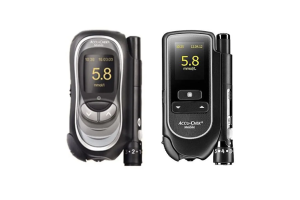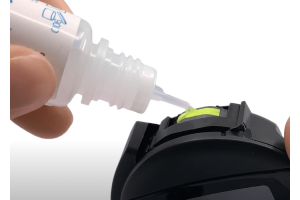
People diagnosed with type 2 diabetes can take tablets to keep their blood glucose down, but in the long run more medication will be needed as it loses its effect. Why does it lose its effect and what can be done to replace tablets?
Type 2 diabetes is a condition characterized by insulin resistance, where the body's cells become less responsive to insulin, the hormone responsible for regulating blood sugar levels. Initially, oral medications can help manage blood glucose levels by either increasing insulin production, improving insulin sensitivity, or decreasing glucose production in the liver. However, over time, the effectiveness of these medications may diminish due to several factors:
Progression of the disease: Type 2 diabetes is a progressive condition, meaning that over time, the body's ability to produce insulin and respond to it deteriorates further. As the disease progresses, higher doses or additional medications may be required to maintain blood sugar control.
Beta-cell function decline: The insulin-producing beta cells in the pancreas may become exhausted or damaged over time due to chronic high blood sugar levels and other metabolic factors. This can lead to decreased insulin secretion, requiring supplemental insulin therapy.
Lifestyle changes: Changes in diet, exercise habits, and weight can impact blood sugar levels and may necessitate adjustments in medication. If individuals with type 2 diabetes are unable to maintain healthy lifestyle habits, the effectiveness of oral medications may decline.
Medication tolerance: Some individuals may develop tolerance to certain oral diabetes medications over time, requiring higher doses or alternative treatments to achieve the desired blood sugar control.
In cases where oral medications are no longer sufficient to manage blood glucose levels, insulin therapy may be necessary. Insulin can replace or supplement the body's natural insulin production, helping to regulate blood sugar levels effectively. Insulin therapy may be administered via injections or insulin pumps, depending on individual needs and preferences.
Additionally, other injectable medications called GLP-1 receptor agonists and SGLT-2 inhibitors may be used as alternatives or adjuncts to insulin therapy. These medications work through different mechanisms to lower blood sugar levels and may be prescribed in combination with insulin or as standalone treatments.
Ultimately, the management of type 2 diabetes requires a personalized approach, considering factors such as disease progression, individual response to medications, lifestyle factors, and overall health status. Regular monitoring by healthcare professionals is essential to adjust treatment plans as needed and ensure optimal blood sugar control and long-term health outcomes. See the post "Reversing Type 2 diabetes - don't put it off".






